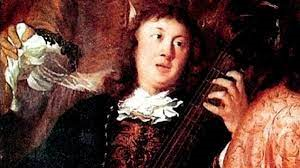Latest Comments
No comments to show.

5 Fascinating Facts about Dietrich Buxtehude
Dietrich Buxtehude (1637–1707) was a renowned Baroque composer and organist who significantly influenced the musical world. Although much of his life remains shrouded in mystery,[…]

Dietrich Buxtehude – Biography and Life
Dietrich Buxtehude stands as a towering figure in the realm of Baroque music, his compositions marking a pivotal era in the development of musical expression.[…]
© 2025 Top Classical Music. Created with ❤ using WordPress and Kubio